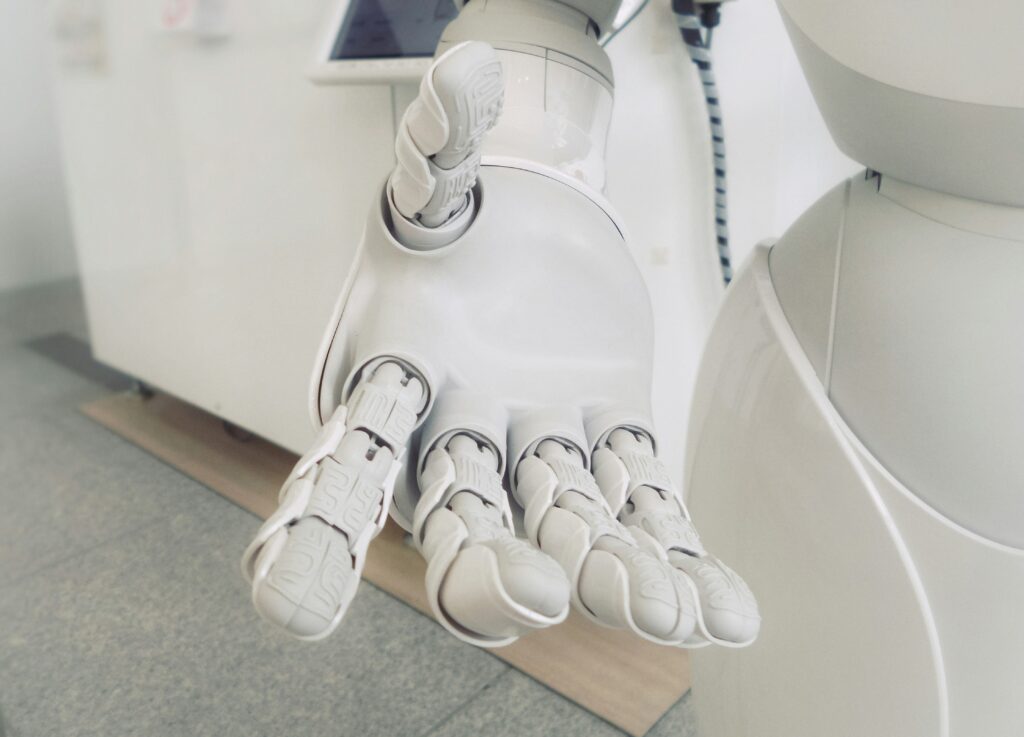In a world increasingly reliant on speed, customization, and efficiency, the role of Artificial Intelligence has never been more critical. While traditional AI excels at data analysis and prediction, Generative AI introduces a paradigm shift by enabling machines to create novel designs, prototypes, and even code from scratch. This transformative capability is now being harnessed by leading manufacturers and design firms, heralding an Industry 4.0 revolution that promises to redefine the entire product lifecycle.
Generative AI Takes Center Stage in Industrial Innovation
Recent developments underscore the rapid adoption of Generative AI in the industrial sector. Just last quarter, major automotive and aerospace companies unveiled design breakthroughs achieved through AI-driven generative design platforms. These systems, fed with specific parameters like material properties, weight limits, and performance requirements, can autonomously generate thousands of optimal design iterations in a fraction of the time it would take human engineers. For instance, engineers at Airbus have utilized generative design to create lighter, stronger aircraft components, leading to significant fuel efficiency gains and reduced environmental impact. Similarly, in the automotive sector, Generative AI is optimizing chassis and component designs for enhanced safety and performance, pushing the boundaries of what’s physically possible.
Accelerating Design Cycles and Optimizing Resources
Data consistently highlights the immense potential of Generative AI. According to a McKinsey report, Generative AI could add trillions of dollars in value to the global economy, with a significant portion stemming from its application in sectors like manufacturing and product development. This is largely attributed to its ability to drastically shorten design cycles, from months to days or even hours. By exploring a vast design space that humans might overlook, AI identifies superior solutions that are more resource-efficient, durable, and cost-effective. This allows companies to iterate faster, experiment more, and bring innovative products to market at an unprecedented pace.
Profound Impact on Industries and the Workforce
The implications of Generative AI extend far beyond the design lab. In manufacturing, it’s enabling highly customized and on-demand production, moving away from mass production towards ‘mass customization.’ This empowers businesses to create bespoke products tailored to individual customer needs without incurring prohibitive costs. Furthermore, it’s driving advancements in materials science, allowing for the discovery of new alloys and composites with desired properties. While some fear job displacement, experts widely agree that Generative AI will more likely augment human capabilities, shifting roles towards oversight, creative problem-solving, and managing AI systems. For example, industrial designers can now focus on high-level conceptualization, leaving the complex optimization to AI.
The Future is Co-Created: Predictions and Expert Outlook
Industry leaders and AI experts predict that the synergy between human ingenuity and Generative AI will define the next decade of innovation. Dr. Fei-Fei Li, a prominent AI researcher, often emphasizes the importance of ‘human-centered AI,’ suggesting that these technologies should serve to empower and elevate human potential. This sentiment resonates within the manufacturing sector, where Generative AI is seen not as a replacement, but as an indispensable partner in co-creating the future. We anticipate a surge in ‘AI-powered design studios’ and ‘smart factories’ where intelligent systems will autonomously manage production, predict maintenance needs, and even self-correct errors, leading to unparalleled levels of operational excellence.
As Generative AI continues to mature, its applications will broaden, impacting everything from urban planning to drug discovery. The ability of machines to learn, adapt, and create holds the key to solving some of humanity’s most complex challenges, driving a new era of industrial productivity and imaginative design. For a deeper dive into how AI is shaping various sectors, explore our insights on the future of AI automation.

